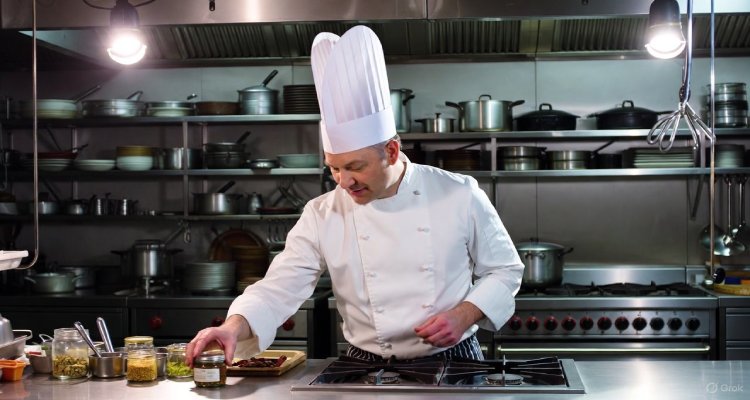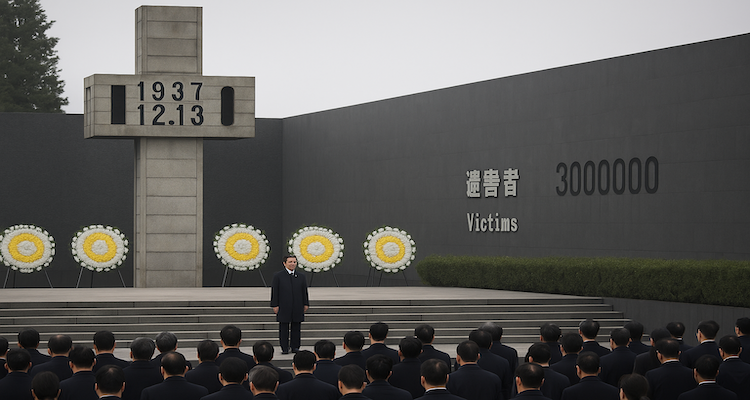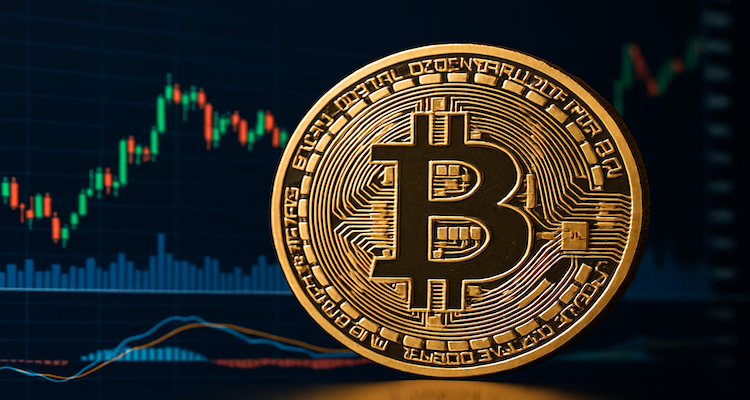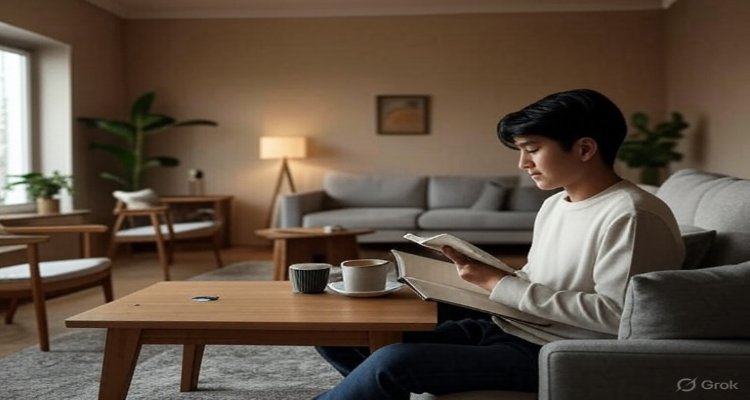Why Minimalism Is Quietly Evolving Into ‘Essentialism’
Minimalism is no longer just about decluttering. Discover how it’s evolving into essentialism—a lifestyle focused on purpose, priorities, and mindful choices.
Introduction: From Less to What Matters Most
In the past decade, minimalism became a global movement. From Netflix documentaries to bestselling books, millions embraced the idea of owning fewer things and simplifying their lives. But as the movement matured, a quiet shift began taking place. Minimalism, once defined by stark white spaces and closet purges, is evolving into something deeper—essentialism. Instead of focusing only on less, essentialism asks a bigger question: What truly matters most?
Context & Background: The Rise of Minimalism
Minimalism emerged as a counter to consumer culture. In an age of fast fashion, endless shopping, and digital clutter, it promised clarity and freedom. Influencers and authors like Marie Kondo and The Minimalists inspired people worldwide to declutter their homes and lives. The message resonated strongly with millennials and Gen Z, especially during the pandemic, when many reassessed their values.
Yet, minimalism also faced criticism. For some, it felt restrictive—more about aesthetics than meaning. An empty room might look calming, but did it really lead to fulfillment? This gap paved the way for a more intentional approach: essentialism.
Main Developments: The Shift to Essentialism
Essentialism takes minimalism a step further. While minimalism emphasizes reducing excess, essentialism emphasizes choosing with intention. It’s less about what we give up and more about what we keep.
In practice, essentialism isn’t about owning the fewest number of shirts or cutting down to one piece of furniture. It’s about identifying the few things—whether objects, relationships, or commitments—that bring genuine value, and then focusing energy there.
For instance:
- Instead of quitting all social media, an essentialist might choose just one platform that brings connection and joy.
- Instead of saying yes to every project at work, essentialism encourages carefully choosing projects aligned with long-term goals.
- Instead of obsessing over a capsule wardrobe, essentialists may invest in timeless, quality pieces that fit their lifestyle.
Expert Insight & Public Reaction
Author Greg McKeown, whose book Essentialism: The Disciplined Pursuit of Less popularized the term, argues that essentialism is about “making the wisest possible investment of your time and energy.” Psychologists echo this, noting that people who live with clear priorities report lower stress and higher life satisfaction.
Public sentiment reflects this shift. On forums and social platforms, discussions around minimalism now often evolve into conversations about balance, values, and well-being. Many who once proudly shared photos of empty rooms now talk about nurturing meaningful routines, choosing career paths carefully, and focusing on family.
Impact & Implications
The evolution from minimalism to essentialism carries broader cultural and economic implications.
Consumer Trends: Instead of chasing the cheapest or trendiest product, consumers are increasingly opting for durable, ethical, and meaningful purchases.
Work Culture: In corporate spaces, essentialism translates to focus—companies are encouraging employees to prioritize tasks that drive true impact rather than multitasking endlessly.
Mental Health: As burnout rates climb, essentialism offers a framework for reclaiming time and reducing overwhelm.
Sustainability: Essentialism naturally supports eco-conscious living, since intentional choices often mean buying less and wasting less.
In short, essentialism may shape not just personal lifestyles but also business strategies, mental health practices, and sustainability efforts.
Conclusion: A Future of Focused Living
Minimalism taught us the value of less. Essentialism is teaching us the value of less but better. It’s not about rejecting modern life or living in empty spaces—it’s about clarity, focus, and alignment with personal purpose.
As society becomes more complex and distractions multiply, essentialism offers a grounded path forward: living not just with fewer things, but with greater meaning.
Disclaimer: This article is for informational purposes only and does not offer professional financial, lifestyle, or mental health advice.











